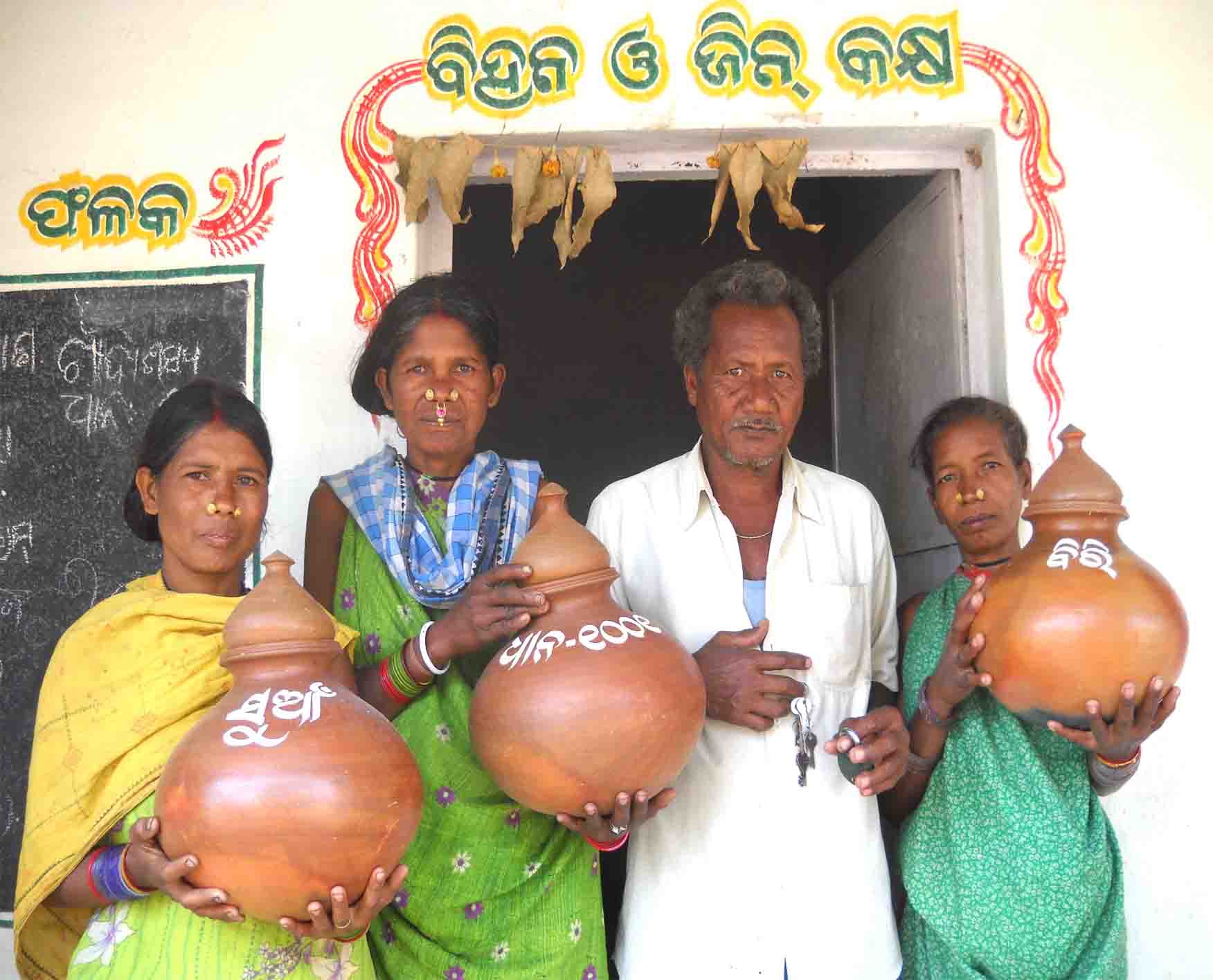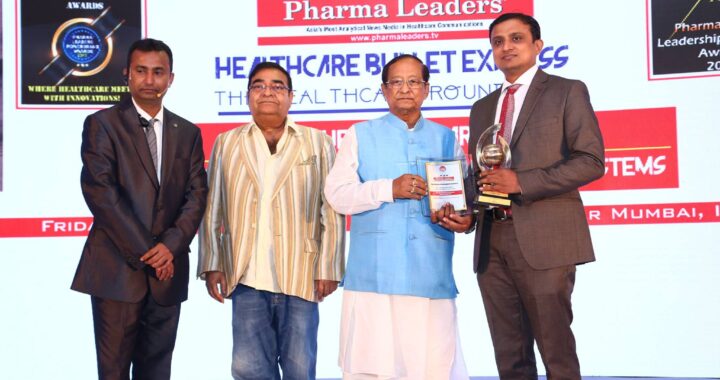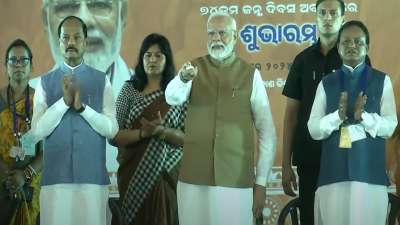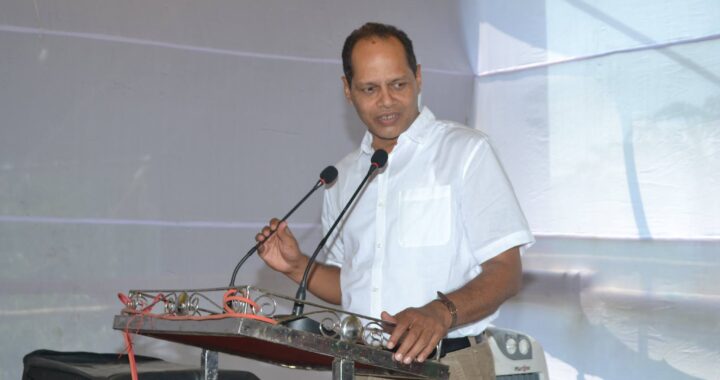Paddy seeds by farmers need to be Scientific

Unscientific use of single variety of paddy seeds by farmers for more than a decade is the key reason behind the large-scale destruction of standing crops by pests like brown planthopper in Odisha, the All India Kisan Mazdoor Sabha (AIKMS) has said.
The organisation came to the conclusion after conducting its own ground-level study. Through its practical experimentation, it has also proved that organic cultivation of traditional paddy seed breeds makes it immune to such pests in the State.
Speaking to The Hindu , Odisha AIKMS president Natabar Sadangi said it was high time that the agriculture department of the Odisha government promoted traditional indigenous paddy seeds as well as alternative seed varieties among farmers to check the menace of brown planthopper, which is popularly known as chakada poka in Odia.
He called upon the State government to take note of ancient Odia saying Tini purushare dhana balunga, sata purushare pua balunga (Paddy seeds become unproductive after three generations and sons get destroyed in seventh generation)”.
The organisation hinted that traditionally Odia farmers were rotating their paddy seed variety which they are not doing now. Lure of high yield was prompting them to use the single breed of paddy seeds repeatedly. “It is an irony that although our agricultural experts have come up with around 1,000 varieties of paddy and we have several indigenous ones, farmers continue to use a few varieties only,” said Mr. Sadangi.
The kharif season pests, especially brown planthopper, along with untimely rain were major reasons behind paddy crop loss throughout the State. AIKMS activists studied the cropping pattern of farmers in Bargarh, Sambalpur and Bolangir districts where the most number of farmers’ suicides due to crop loss was reported.
“As per the recommendation of agricultural experts, no seed variety is to be used continuously in a field for more than a decade. But we found that ‘swarna’ variety of paddy seeds was being used by farmers of the area for around three decades,” said Mr Sadangi. ‘Swarna’ is a high yield paddy variety, which absorbs more chemical fertilizer which leads to its high vegetative growth. This vegetative growth attracts pests like brown planthopper that affect the ‘swarna’ paddy crop, he added. He alleged that continuous use of the same variety of seed every year without adequate sterilisation transfers eggs of these pests to the next generation.
AIKMS cited the example of the Rajendra Desi Chasa Gabesana Kendra (RDCGK) at Niali in Cuttack district, a research and conservation centre for traditional indigenous variety of seeds through organic farming. The centre has preserved 645 indigenous paddy seed varieties of Odisha that are cultivated every year in complete organic process. It is claimed that there was no pest attack on paddy cultivation at this agricultural research farm at Niali.

 Over 1.54 billion children and youth are out-of-school. Young refugees, displaced persons and others caught up in conflict or disaster now face even more vulnerability.
Over 1.54 billion children and youth are out-of-school. Young refugees, displaced persons and others caught up in conflict or disaster now face even more vulnerability.  Living In A World Of Uncertainty. COVID-19 may change the world order like never before, People may come out of streets to get two meals a day.
Living In A World Of Uncertainty. COVID-19 may change the world order like never before, People may come out of streets to get two meals a day.  Ill-planned lockdown is leading us to a fatal combination of loss of both life and livelihood – Kamal Haasan writes letter to PM
Ill-planned lockdown is leading us to a fatal combination of loss of both life and livelihood – Kamal Haasan writes letter to PM  Citizenship (Amendment) Act, 2019 in a nutshell
Citizenship (Amendment) Act, 2019 in a nutshell  Kashmir needs a healing touch, radicalization of youth a big challenge!
Kashmir needs a healing touch, radicalization of youth a big challenge!  India Leadership Conclave 2019 to focus on Opportunities post Modi 2.0 historic mandate.
India Leadership Conclave 2019 to focus on Opportunities post Modi 2.0 historic mandate. 




